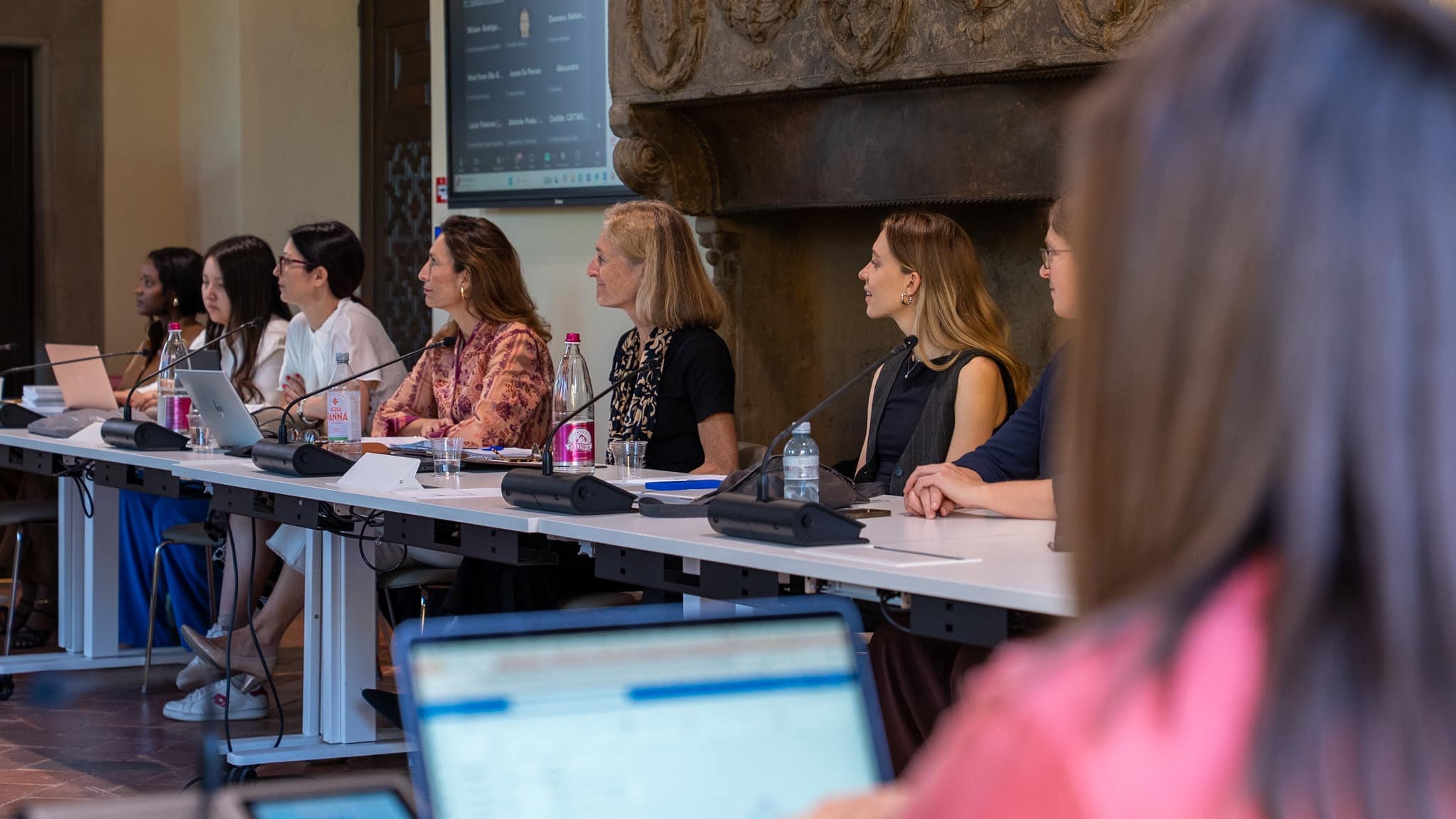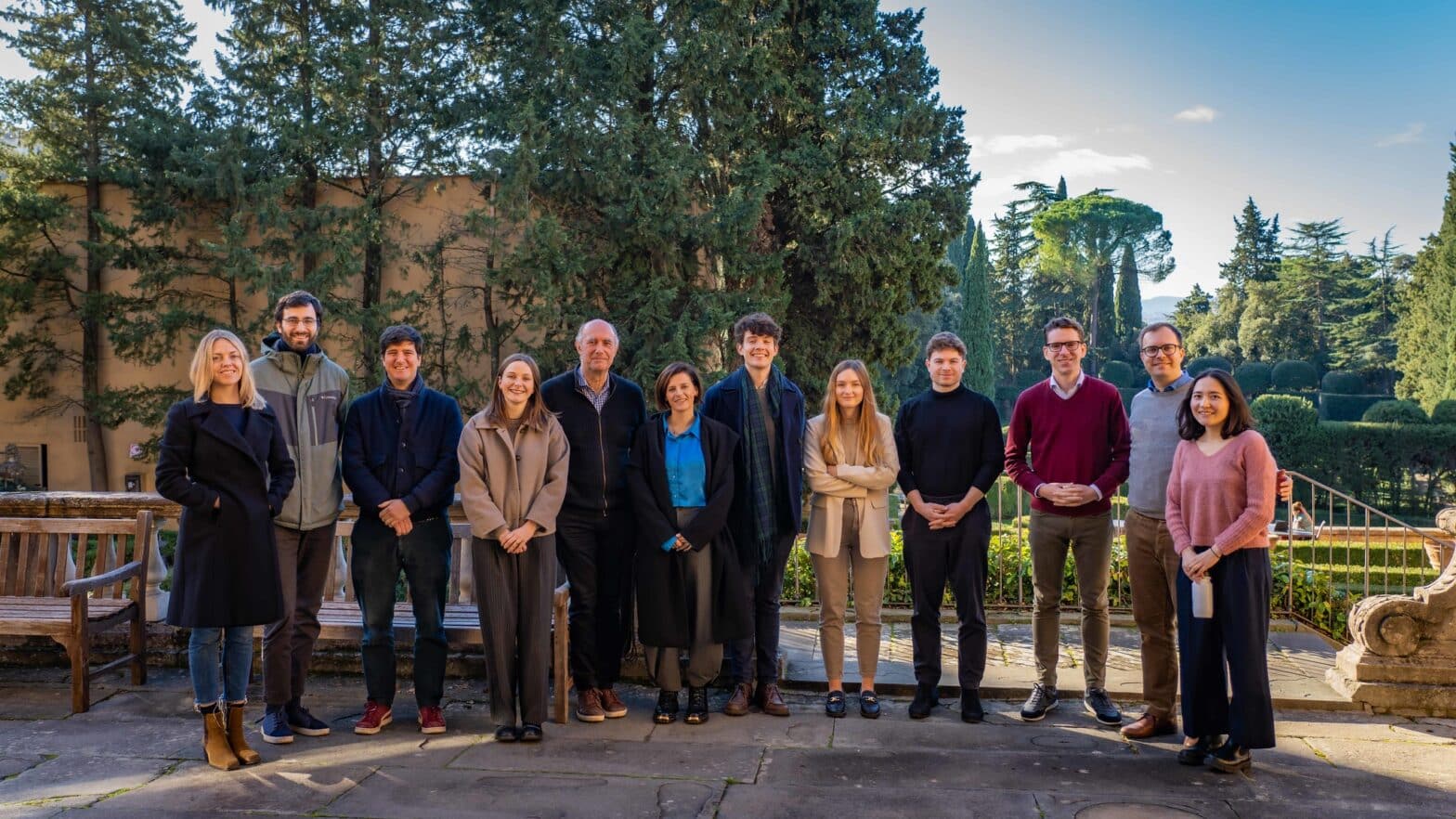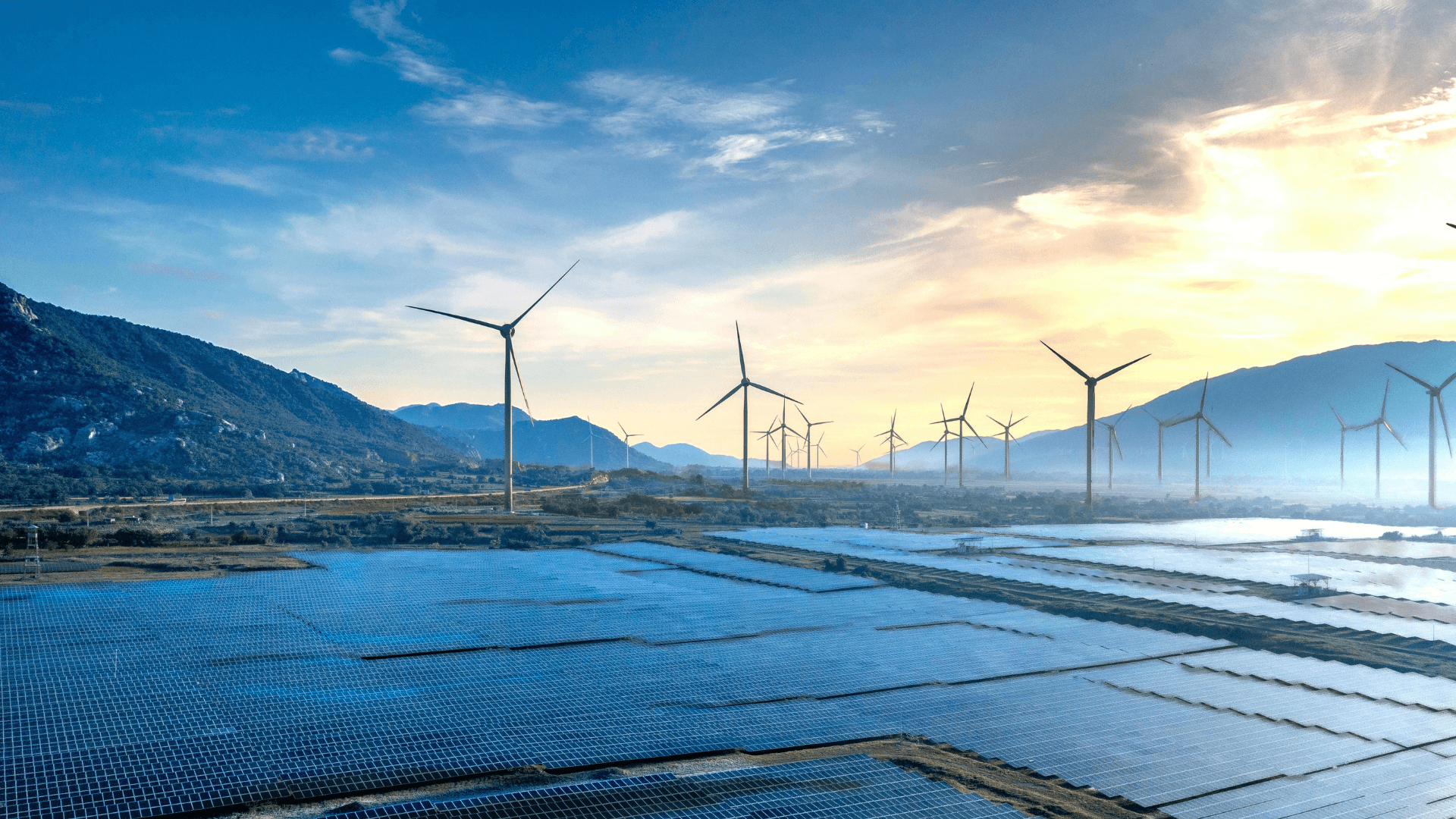Fostering consumer empowerment towards a decarbonised energy sector in Europe
Highlights from the FSR Talks: Focus on energy consumers

Lessons from the European Working Group on Consumer Engagement
The last episode of the FSR Talks series focused on the outcomes of the 13th Citizens Energy Forum Working Group on Consumer Engagement, addressing, in particular, the issues of guarantees of origin (GO) for gas, and the role of the consumer in the energy transition. The session brought together Natalie McCoy of the Council of European Energy Regulators (CEER), co-chair of the Working Group, as well as Achille Hannoset of the European Commission (DG ENER) whose unit ‘Consumers, Local Initiatives and Just transition’ covers this subject, as well as Ilaria Conti of the Florence School of Regulation (FSR).
Background
The second half of 2021 has seen record energy prices across the EU and beyond. This has contributed to a reconfiguration of energy markets, with fewer energy suppliers and a higher level of consumer interest to tackle rising energy costs through their choice of suppliers and tariffs. Although this period has placed considerable stress on consumers, suppliers, and governments alike, it has also created the conditions for engagement on the issue – contributing to an inflection point for evolution.
GOs for electricity have become quite well established in the electricity sector following the Clean Energy Package (CEP), allowing consumers to opt for renewable-only electricity through their choice of tariff or supplier. These offering are often price competitive with other non-renewable tariffs, and have proven increasingly popular in recent years, demonstrating to energy suppliers the appetite for such services. Similar offerings are emerging in the gas sector, but at a slower rate and with unique challenges. If consumers are to be empowered to leverage their agency in the energy transition, they need credible, transparent, and accessible means to do so.
In light of the upcoming Citizens Energy Forum (‘Dublin Forum’) taking place in December, imminent EU legislation on gas market decarbonisation, as well the prevailing energy market conditions – it is an opportune moment to capitalise on momentum towards consumer engagement. The Working Group on Consumer Engagement looks to bring together key stakeholders on these issues, and this FSR Talks examined the activities of the group in more detail, as well as placing the subject in its broader context.
Insights from the speakers
Mr. Hannoset (DG ENER) opened the session with a presentation on the historical and contemporary context of consumer engagement in this space from a legislative perspective. This covered the four major energy packages (1996/8, 2003, 2009, 2018/19) and how the focus on consumers has evolved through these initiatives as well as now with the 2021 Fit for 55 package and upcoming decarbonised gas and hydrogen package. Mr. Hannoset reflected on the activities of the three different working groups carried out in advance of the Dublin Forum and encouraged stakeholders and consumers to get involved.
Ms. McCoy (CEER) followed up with a presentation on how consumers have engaged with this issue in the past and how it is changing, as well as the role of regulators in protecting consumer interests, and the different experiences with consumer engagement across Member States. Ms. McCoy broke down the full spectrum of what qualifies as consumer engagement, and some of the key conditions required to foster a stronger and better-informed level of consumer engagement, as well as the role of different stakeholders in facilitating this. The presentation gave some practical examples of where some of the challenges lie, such as the quantity and complexity of information required in consumer bills, and how we might go about presenting it for ease and effectiveness of communication.
Questions and answers
The audience was then given the opportunity to pose questions to the speakers. Some of the questions focused on what can be done to improve access to information and literacy of key terminology associated with energy usage. Ms. McCoy gave the example of her work at the Portuguese energy regulator (ERSE), where they engage with children in schools to support their development and understanding of these issues from a young age. Mr. Hannoset highlighted the value of ‘intergenerational learning’, by educating younger audiences to support the sharing of knowledge within families.
Energy poverty and the cost of energy in general came up in multiple questions, particularly as regards the issue of reconciling consumer preference for both low emission and low-cost energy. Ms. McCoy suggested that schemes should focus on helping consumers overcome the upfront costs associated with improving the energy efficiency of their homes. Mr. Hannoset made reference to the ‘Energy Poverty Advisory Hub’ (EPAH) which aggregates information on projects available to alleviate these challenges for those who need it, as well as the announcement of the ‘Social Climate Fund’ (SCF) under the Fit for 55 package, and further long term measures.
One question asked about the long-term expectations for energy prices and whether they are likely to remain high due to volatile fossil fuel markets as well as the cost of the energy transition. Ms. McCoy suggested that prices were likely to restabilise and that measures were being put in place to attenuate the implications. Mr. Hannoset highlighted how long-term trends in energy prices will increasingly reflect the internalisation of environmental costs associated with energy of different origins, which will increasingly show renewable energy to be the cheaper and more stable choice. Mr. Hannoset reflected on the recent increase in interest from consumers to invest in renewable installations and energy efficiency measures, as an example.
A member of the audience asked about the regulation of GOs and reassuring consumers on the impact of their consumption choice. Ms. McCoy referred to the ‘additionality principle’, as well as the discussion on whether the GOs should be regulated, currently they are not. Mr. Hannoset confirmed the importance of the subject and indicated it is being discussed at the policy level.
Don’t miss any update on this topic
Sign up for free and access the latest publications and insights

















